Hormone imbalances are often associated with body odor. If your estrogen levels drop, you will likely experience hot flashes and night sweats, which can lead to increased sweating and odor.
It is also a time when there is high stress or anxiety, which can cause you to sweat. The sweat caused by anxiety is different from sweat caused by warm temperatures or exercise, and is often more offensive. While sweat itself is odorless, it becomes smelly when combined with bacteria on your skin. Anxiety sweat is produced by the apocrine glands located in the armpit and groin areas, and it's a fatty sweat (yuck) that bacteria love to feed on.
Fortunately, when hormones, anxiety, and stress subside after menopause, so does BO. But what can we do until then?
The Best Way To Deal With Body Odor
Bathing more frequently is an obvious way to improve your hygiene, but sometimes it is not practical or sufficient. Consider these alternatives.
Plan ahead. Carry cleansing wipes for a quick refresh wherever you go. Make sure that the products you use are gentle enough for frequent application, especially if you are using them down there. Look for wipes that are pH balanced and contain natural, moisturizing ingredients like aloe and vitamin E.
Increase your intake of zinc and magnesium. Among the foods rich in zinc are oysters, tofu, chicken, yogurt, and shitake mushrooms. Magnesium can be found in spinach, pumpkin seeds, tuna, brown rice, and almonds.
Invest in wicking fabrics. Choosing natural fabrics for everyday wear, such as cotton, wool, and silk, allows your skin to breathe. Synthetic fabrics such as polyester or nylon wick sweat from your skin so that it evaporates more quickly to keep you cool and less pungent while exercising.
Take the green route. Wheatgrass, spinach, and other greens are good sources of chlorophyll. This green pigment may provide some deodorizing properties.
Take a break. Stress can contribute to sweating, especially stinky sweat. Meditating and practicing yoga calm the mind, and taking a leisurely stroll outside can reduce anxiety.
Eat less red meat, spices, garlic, onions, sugary foods, and alcohol. These foods release compounds through the skin that can contribute to odor. You also need to watch out for beverages containing caffeine and spicy foods that may increase your sweating.
Go Au Naturale. Use only organic and natural products with your body. During Menopause, our skin is more sensitive to chemicals. It’s important that we use only products that won’t irritate it or cause anything to react to the natural fauna. A good product to use is Play Pits Natural Queen Deodorant. The deodorant specifically created for women and how our bodies change naturally.
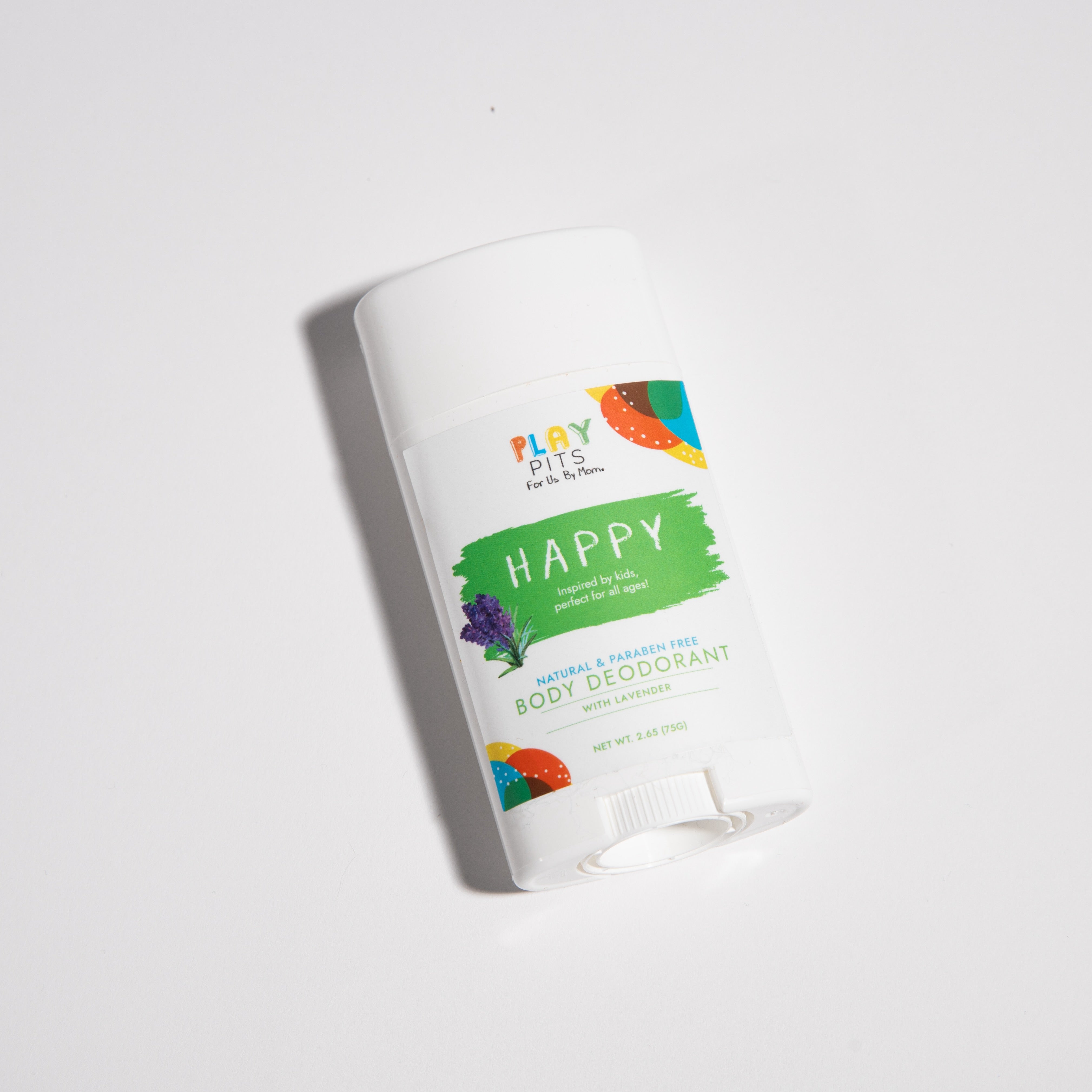

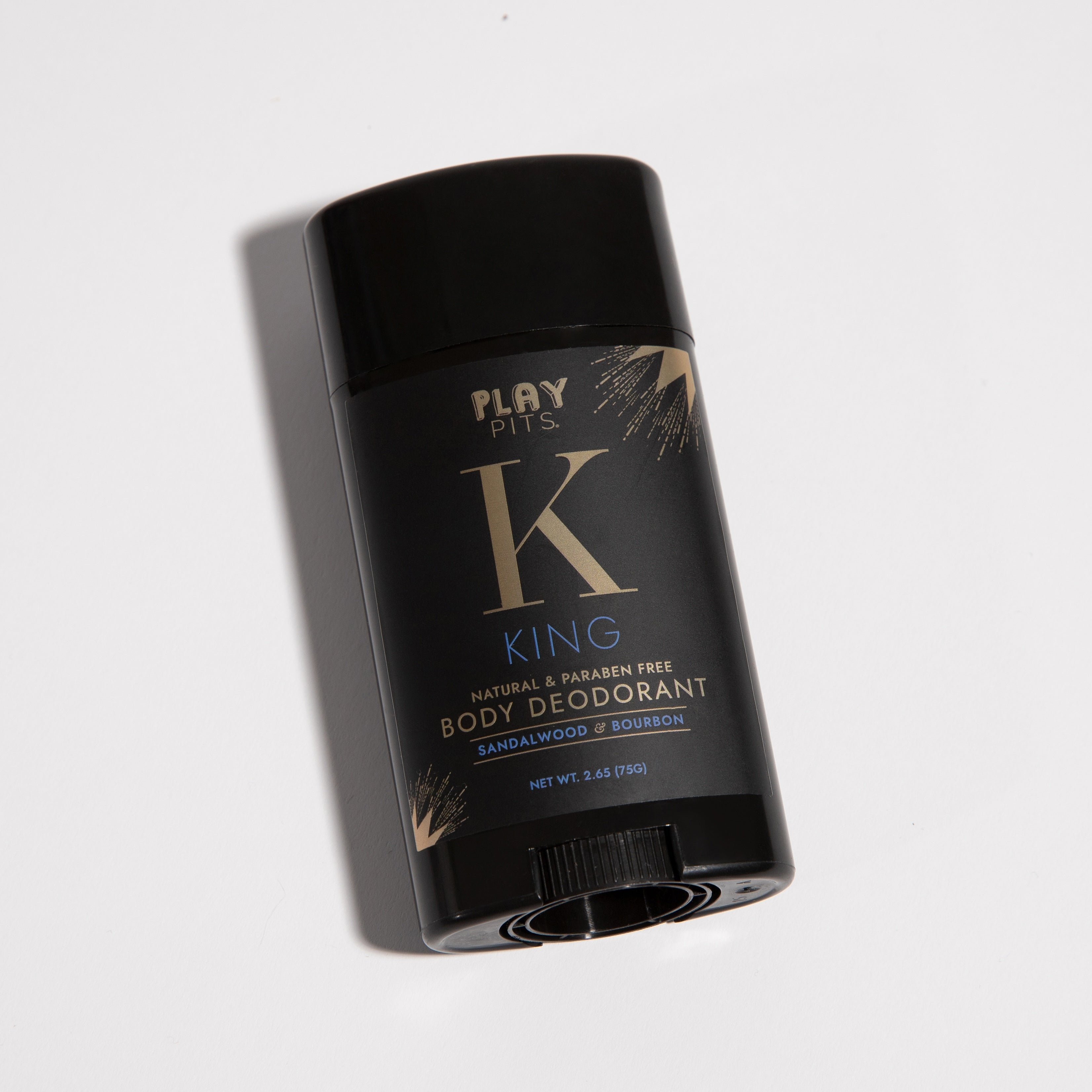
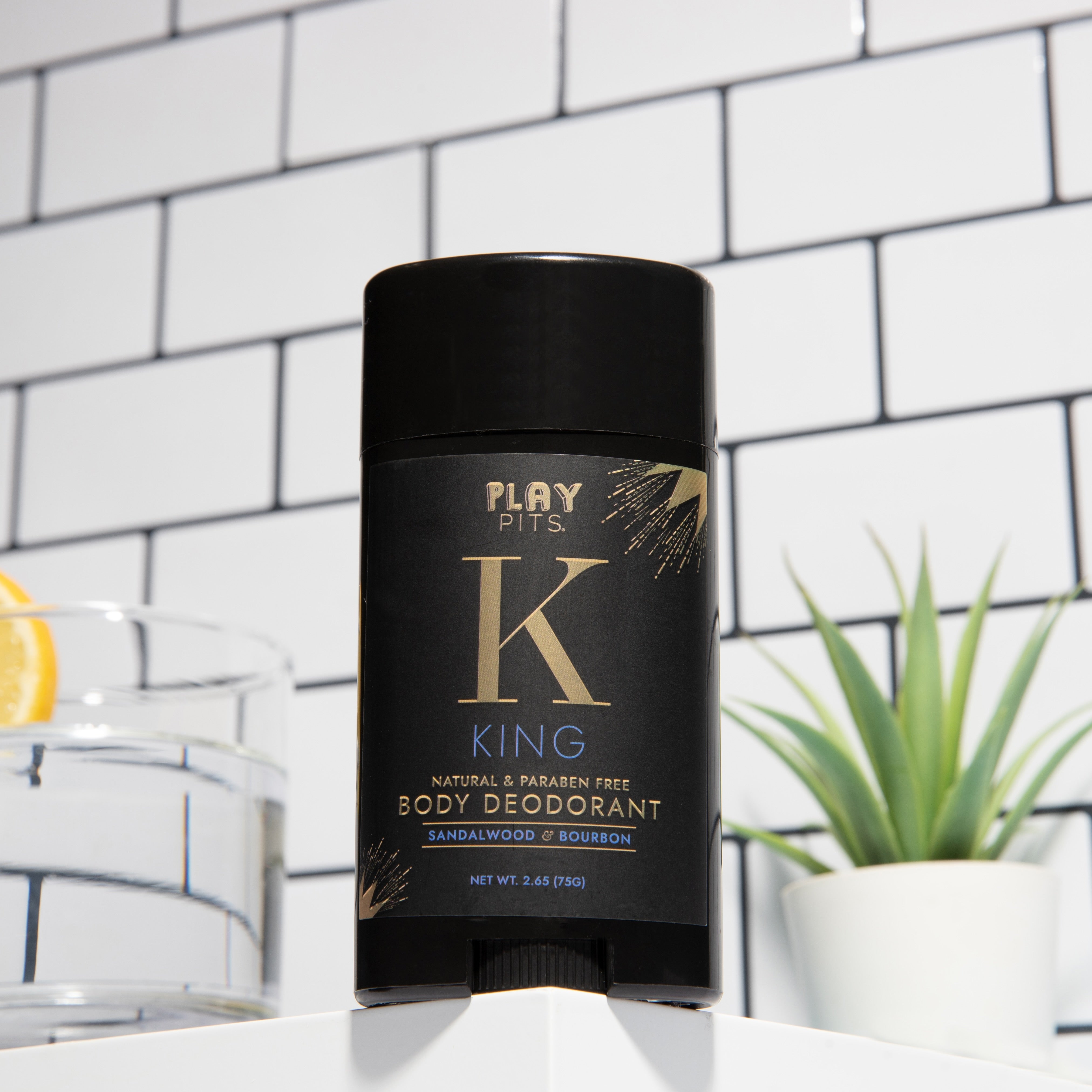
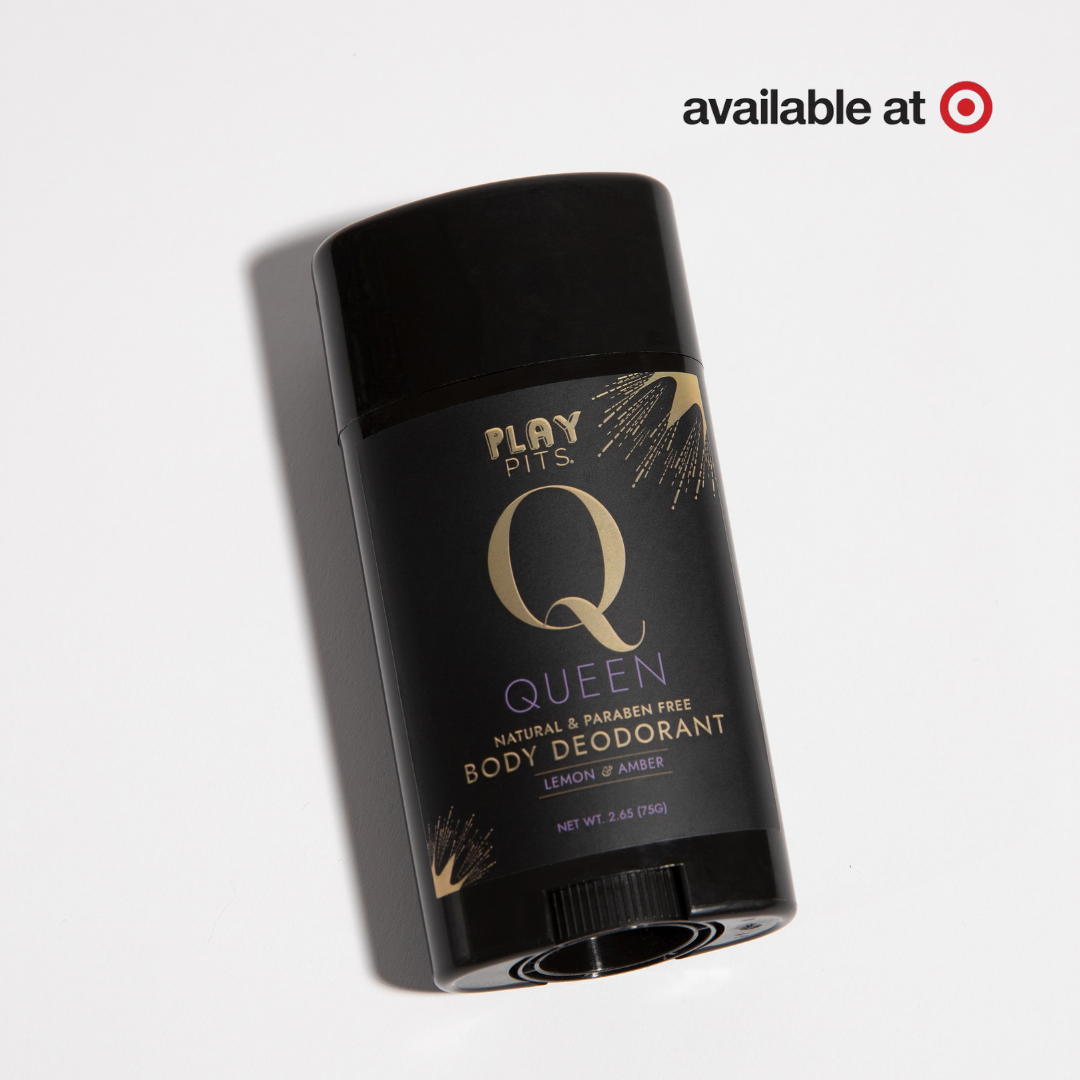
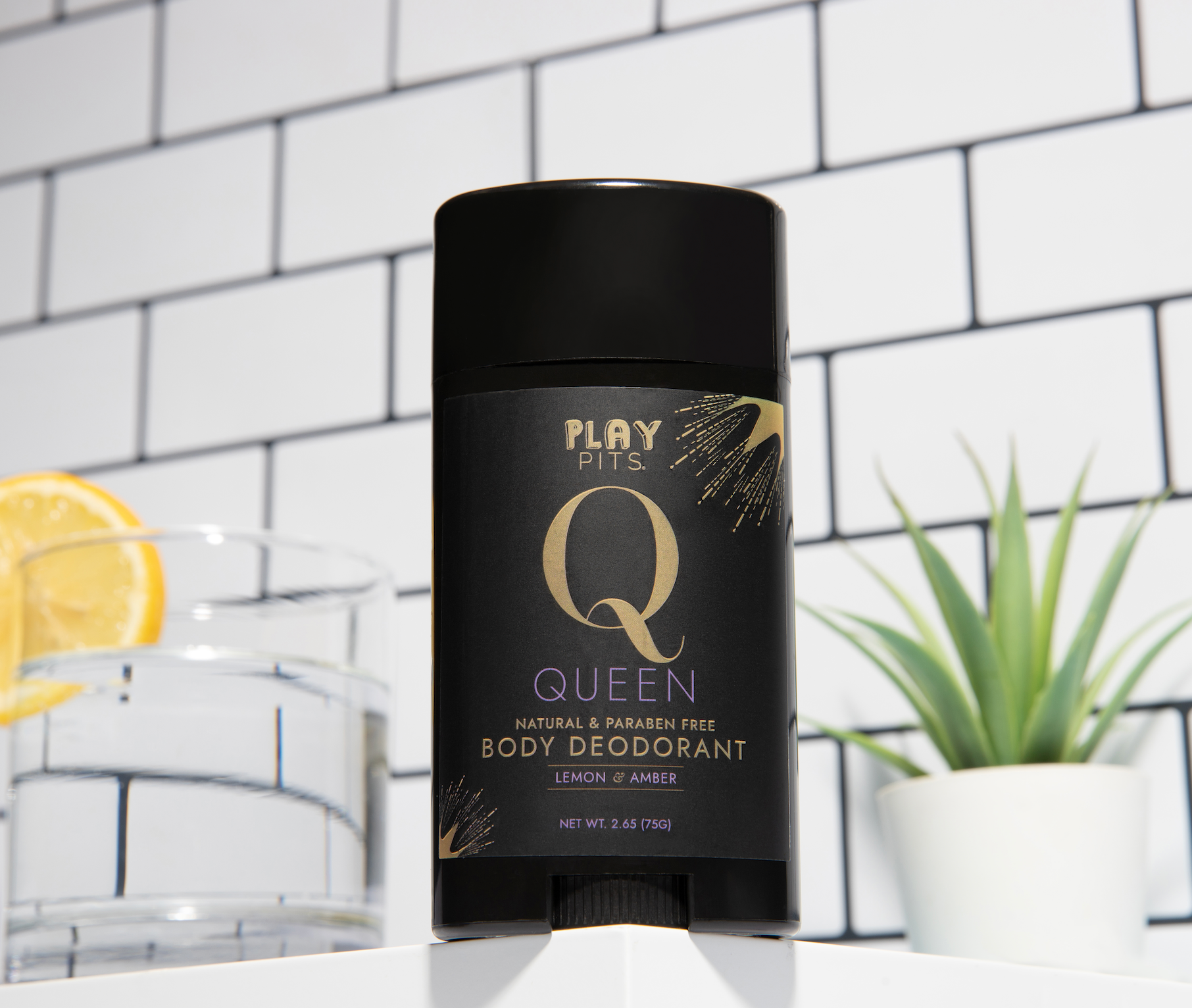



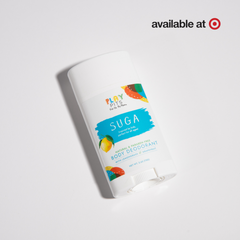
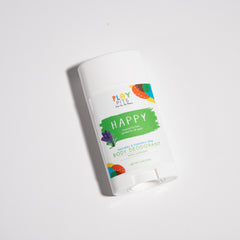
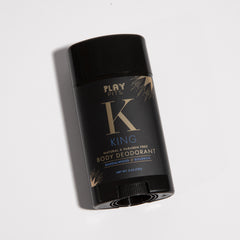
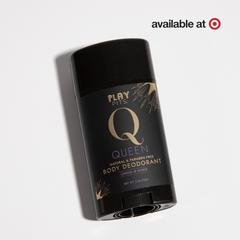
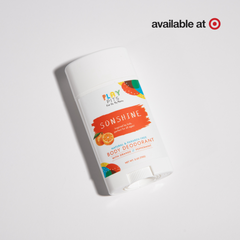

Leave a comment